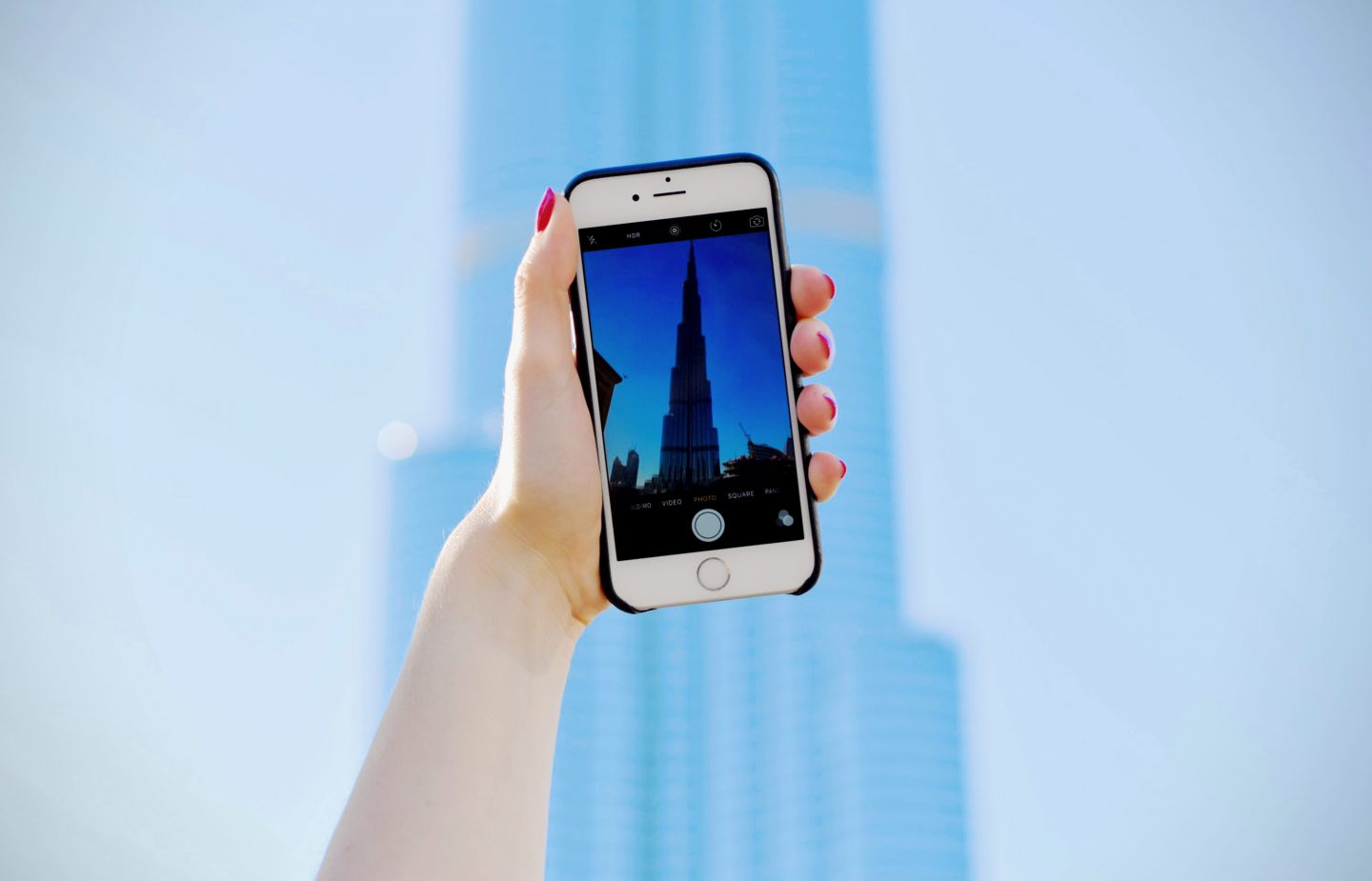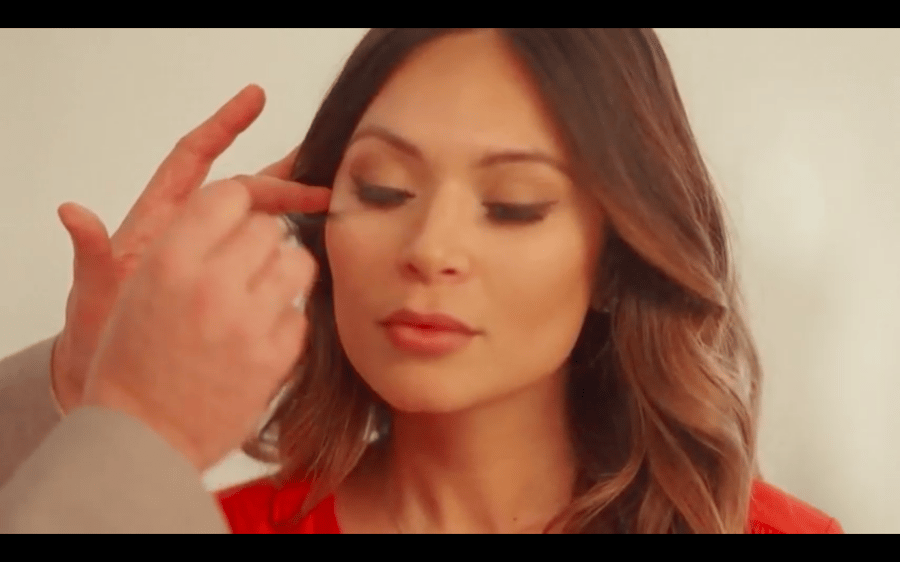
Choosing the Right Influencer for Your Next Campaign
As part of our Ask the Experts series, we’re learning from the world’s leaders in influencer marketing and sharing their advice. In this interview with Focus Features’ Social Media Director, Lauren Jacob, we chat about what makes influencer marketing so exciting and learn what makes a campaign truly great.
The following interview contains excerpts from an updated version of The Epic Guide To Content Marketing – over 50 pages of free advice from the experts at The New York Times, The Wall Street Journal, Mashable and more! .
Pressboard: Tell us more about your role and the background that led you to influencer marketing?
Lauren: Currently, I am the social media director at Focus Features. I’m responsible for overseeing both the media and content strategy for our films’ social media pages, in addition to managing the social media presence of the Focus Features brand. Since I began my career in 2009, I have held positions at Shomi partnership, Alliance Films and eOne entertainment. I have witnessed the transformation of the marketing mix with the eruption and continued penetration of social and digital platforms.
Influencer marketing is a really exciting space to work in, and I believe the most successful tool for any marketer, because it provides us the opportunity to deliver a marketing message through a trusted source in the eyes of the consumer. No one will ever argue that marketing is more powerful than word of mouth because consumers will always trust their friends and family over advertising, but influencer marketing is the cross section of the two.
Lauren has overseen the social media campaigns for Focus Features films including The Danish Girl, London Has Fallen, Kubo and the Two Strings and Loving.
Pressboard: What are some of the most important criteria to use when evaluating which influencers or personalities to use?
Lauren: The most important piece of criteria is if the influencer’s audience is the audience you are trying to reach. The influencer might hold all the same values and attributes as your brand and be perfectly aligned from a personality standpoint, but if their audience is not your audience, there is no benefit to working with them.
How do you typically charge for influencer programs?
- Flat fee
- Performance Based
- Other
We typically work on a flat fee model, but incentives are often added for high performing campaigns.
Do you use paid media to amplify your influencer campaigns? What would you say is the ratio between money spent on creative and money spent on paid media to amplify the creative?
Almost always. It is important that the assets you are creating will translate to an impactful media buy, so we keep that in mind from a storytelling perspective in order to ensure the assets perform (i.e on YouYube you should have a hook, on Facebook the content should be largely visual and any VO needs captions, etc). We have an in-house media team, and always recommend including media as part of the proposal to maximize the value of the assets. Canada is a relatively small country; so in order to guarantee reach we do normally recommend to include at least a small media buy to amplify.
How do you typically measure for influencer programs?
- Impressions
- Clicks
- Views
- Social Engagements
- Other
Measurement is really dependent on the objective, but typically we look at two things — views (starts, average watch time, completion rate) and lift in social conversation. Did we see a boost in mentions across the social platforms after the influencer content was released? Is the content and the influencer having all overall positive impact on social conversations surrounding the entertainment property?
How does influencer marketing fit into your overall marketing mix?
- 0-10%
- 10-20%
- 20%-30%
- 30%-50%
- 50%-100%
10-20% of the overall marketing mix, but often over 50% of the digital marketing mix.
Can you tell us about one of your favourite influencer marketing campaigns that you’ve worked on?
My favourite influencer marketing campaign to work on to date is definitely Kubo and the Two Strings. We worked with so many different influencers and created so much content, but the interesting part was that they all served a different marketing objective. We used wide-reaching YouTube stars for early awareness of the movie, popular Instagram artists to speak to more niche audiences, and dozens of Snapchatters to maximize the social buzz in the days leading up to the film’s release.
Kubo and the Two Strings
Can you give us an example of a great influencer marketing campaign that you didn’t work on?
A year before Zootopia came out, Disney executives discussed the idea of casting a powerful social influencer in a small voice role to elevate interest level among older teens. They ultimately cast Zach King, a social media star who’s gained popularity by performing magic tricks. By casting King, he then promoted the film across his channels several times without the hefty price tag that’s often associated with multiple posts from a popular influencer like King. The real genius of the campaign, though, was Disney took it a step further and created a piece of social content that animated King and his personality and released it in advance of the movie’s opening. When you have the world’s best animators animating a popular influencer, you are bound to land up with a viral video, which Disney of course did.
Unrelated to entertainment, the other influencer campaigns that have really stood out to me is what Sephora is doing with beauty and fashion influencers. Beauty influencers have created deep connections with their followers, and Sephora is using that to drive sales. Rather then spending endless marketing dollars on advertising that doesn’t directly correlate to sales, they are partnering with beauty influencers who provide them with tangible and immediate results. Last year, fashion influencer @SomethingNavy created a Snap story about a specific face mask, and within 24 hours, Sephora sold 502 of those masks, which is equivalent to $17,565 of product.
The Art Of Contour With Marianna Hewitt for Guerlain, Sephora
What is the most important thing to think about when working with influencers and brands?
The most important thing to think about is the audiences — does working together make sense for your target audience and for the influencer’s audience? There is nothing worse then building a piece of content or creating sponsored material that feels forced and out of place. You completely defeat the greatest benefit of working with an influencer — delivering a marketing message through a trusted voice audiences actively invite into their social feeds. If the collaboration results in forced content that doesn’t align with what consumers expect from that person, then audience trust will be lost with both the influencer and the brand.
Pressboard would like to thank Lauren Jacob and Focus Features for taking the time to speak with us and contributing to the updated version of The Epic Guide to Content Marketing.
As part of our Ask the Experts series, we’re learning from the world’s leaders in influencer marketing and sharing their advice. In this..
Get your Content Marketing Fix
Sign up to receive tips on storytelling and much more.
We promise to respect your inbox.




